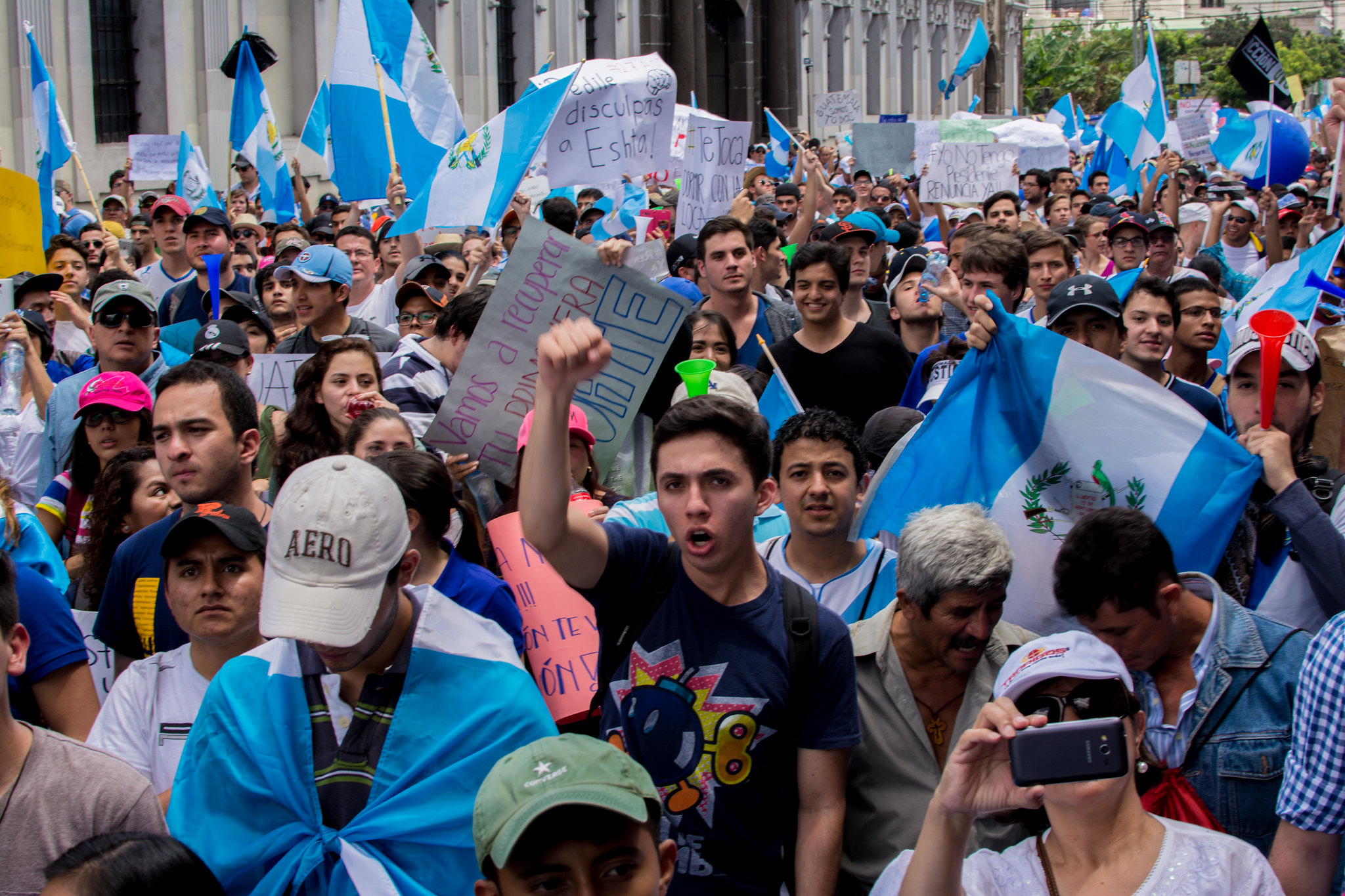



Public corruption and weak rule of law are arguably the most persistent and long-standing challenges for strengthening democratic institutions and sustaining inclusive economic development in the Northern Triangle. Guatemala, Honduras, and El Salvador have grappled with widespread corruption that has fueled mistrust in political and wealthy elites, eroded democratic norms, exacerbated poverty, widened social inequality, and contributed to the conditions that force migrants to leave their homes.
According to the 2020 Corruption Perceptions Index from Transparency International, the Northern Triangle countries have a worse ranking than at least one hundred and three of the one hundred and eighty countries surveyed, with Honduras ranking at one hundred and fifty-seven, Guatemala at one hundred and forty-eight, and El Salvador at one hundred and four. A confluence of internal and external forces in recent years—including the penetration of organized crime and narcotrafficking into local governance and national politics, and the fiscal measures that the COVID-19 pandemic and natural disasters have demanded—has opened new ground for corrupt practices and exacerbated old ones.
Breaking the vicious cycle of corruption in the region will require a holistic, long-term approach that brings together governments, civil society, and businesses under a common anti-corruption agenda with bold, innovative, and locally driven policy solutions. As the situation at the US southern border worsens, the Joseph R. Biden Jr. administration is devoting resources and strategic focus to addressing the drivers of migration (the previous brief in this series focused on the role of the private sector in unlocking economic growth in the Northern Triangle), placing a special emphasis on building capacities, strengthening existing cooperation with local partners, and finding new spaces for collaboration to combat corruption over the long term in Central America.